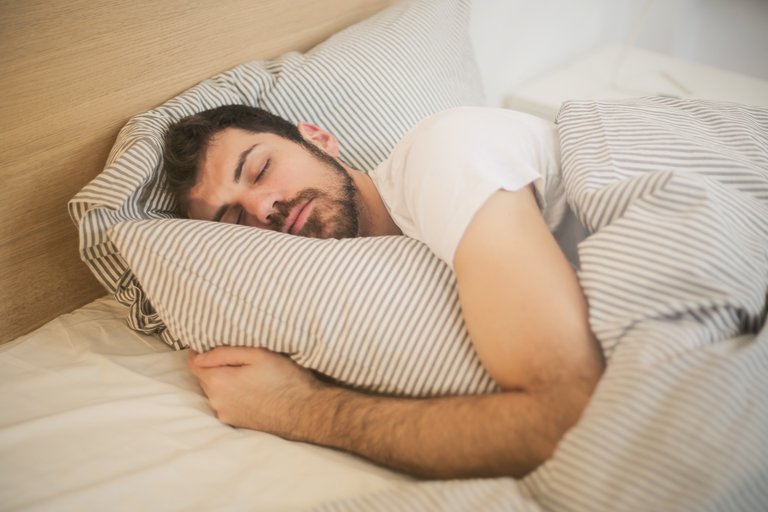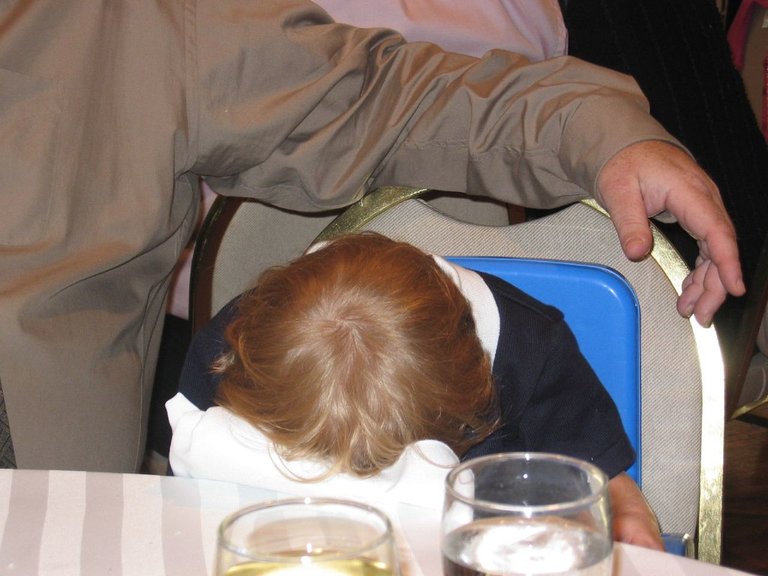Want to Have Good Quality Sleep? Read This...
Undoubtedly, we all experience the cycle of going to bed at night and waking up the next day, unless, of course, you're one of the unfortunate individuals suffering from insomnia. Many people grapple with sleep issues and actively seek ways to improve their sleep quality. So, what can we do to enhance our sleep?
First, a significant number of us lead sedentary lives, rarely engaging in any form of exercise, despite its well-established benefits for our overall health. It's worth noting that a lack of physical activity can impede a good night's sleep. Numerous studies and research have demonstrated that daytime exercise can facilitate falling asleep faster and enhance the overall quality of sleep. Even as little as 10 minutes of exercise can help mitigate certain sleep problems, such as Sleep Apnea. However, it's crucial to avoid vigorous exercise within a couple of hours before bedtime, as it can lead to the release of endorphins and a rise in body temperature, potentially leading to poorer sleep quality.
There is a concern with sleep and exercise, and this arises from a study carried out in 2013, surveyed hundreds of police officers about their sleep level and exercise. The survey asked the to measure their sleep level, level of exercise, and how fit they believed they are. At the end, the researchers did not find any correlation between the amount of exercise done and the amount of sleep they had. Rather, the subjects' percieved fitneess level was linked to how well they slept. It was observed that people who percieved themselves as fit had better quality of sleep, while people who believed they weren't fit although engaged in exercise didn't have good quality of sleep.
Eating and Drinking is something we love to do, but eating a lot at night is a bad idea. Eating large food towards bedtime means increased metabolism which would force the body to work on breaking down food instead of working on relaxation. Food in the stomach late at night triggers the production of insulin which suppresses the effect of melatonin which is the sleep hormone and impairing sleep. Excessive eating before bed also increases the risk of acid reflux and indigestion.
Alcohol is another culprit that can disrupt a good night's sleep. While it might help you fall asleep faster, it interferes with achieving the deep, restorative REM sleep stages. On the flip side, excessive water intake before bedtime can also hinder sleep. Drinking an excessive amount of water isn't harmful per se, but it fills the bladder, prompting frequent trips to the bathroom throughout the night. This can lead to a condition called nocturia, which disrupts sleep. To optimize your chances of a good night's rest, it's advisable to avoid eating or drinking anything for approximately three hours before bedtime. Additionally, maintaining a cool body temperature before sleep is crucial, so taking a soothing bath before bedtime can contribute significantly to the quality of your sleep.
Achieving a good night's sleep involves a combination of factors, including regular exercise, mindful eating and drinking habits, and maintaining a comfortable sleeping environment. By paying attention to these aspects, we can significantly improve the quality of our sleep and wake up feeling refreshed and rejuvenated.
Reference
https://www.ncbi.nlm.nih.gov/pmc/articles/PMC5385214/
https://www.hopkinsmedicine.org
https://www.researchgate.net/publication
https://www.ncbi.nlm.nih.gov/pmc/articles/PMC4666864/
https://www.sleepfoundation.org/nutrition/alcohol-and-sleep
https://www.geisinger.org/health-and-wellness
https://www.ncbi.nlm.nih.gov/pmc/articles/PMC4425165/
https://www.npr.org/sections/health-shots


I have found that keeping the bed for sleep only helps me to overcome occasional sleeping difficulties. So I keep my phone and laptop away from the bedroom and just go there to sleep. If I find that I can't sleep then I get up to watch or play with the tech. Then go back to bed when I feel sleepy.
I know that you like to see some references, so here is one of many:
Lol, that's true. Phone and screen light can disturb sleep, and it should be avoided before sleep. Thanks a lot for sharing this.
Thanks for your contribution to the STEMsocial community. Feel free to join us on discord to get to know the rest of us!
Please consider delegating to the @stemsocial account (85% of the curation rewards are returned).
Thanks for including @stemsocial as a beneficiary, which gives you stronger support.
Congratulations @thomisin! You have completed the following achievement on the Hive blockchain And have been rewarded with New badge(s)
Your next target is to reach 4500 upvotes.
You can view your badges on your board and compare yourself to others in the Ranking
If you no longer want to receive notifications, reply to this comment with the word
STOPCheck out our last posts: